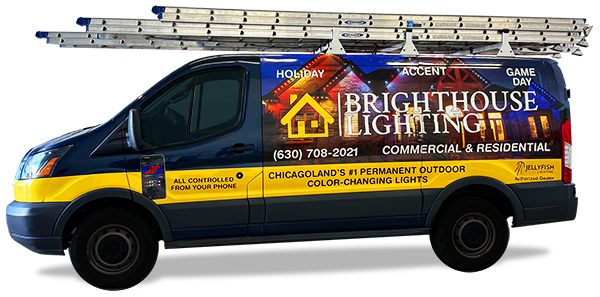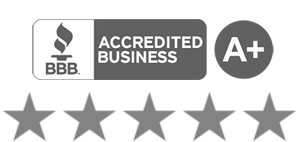Understanding Lighting Regulations and Standards for Commercial Properties in Aurora, IL
Proper lighting is crucial for commercial properties, impacting safety, productivity, and overall aesthetics.
However, navigating the complex landscape of lighting regulations and standards can be daunting.
In Aurora, IL, adhering to these guidelines ensures compliance with safety laws and enhances the overall functionality of your business environment.
Here are five key points to help you understand the essential lighting regulations and standards for commercial properties.
- OSHA Lighting Requirements
The Occupational Safety and Health Administration (OSHA) sets forth specific requirements to ensure safe and healthful working conditions. OSHA mandates adequate illumination in all workplaces to prevent accidents and enhance employee well-being. Key points include:
Minimum Illumination Levels: OSHA specifies minimum lighting levels for different workspaces. For example, general construction areas should have at least 5 foot-candles of light, while warehouses should have 10 foot-candles.
Emergency Lighting: In case of power failure, emergency lighting must provide sufficient illumination for safe evacuation.
Compliance with OSHA standards is essential for maintaining a safe workplace and avoiding potential fines and legal issues.
- Building Codes and Local Regulations
In Aurora, IL, local building codes and regulations also dictate specific lighting requirements for commercial properties. These codes ensure buildings are safe and energy-efficient. Important aspects include:
Exterior Lighting: Proper exterior lighting is crucial for safety and security. Local codes often require sufficient illumination of entrances, walkways, and parking areas.
Energy Efficiency: Many municipalities enforce energy efficiency standards, encouraging the use of LED lighting and other energy-saving technologies.
Understanding and adhering to local building codes helps ensure your property is both safe and compliant.
- Illuminating Engineering Society (IES) Standards
The Illuminating Engineering Society (IES) sets industry standards for lighting design and implementation. IES guidelines help achieve optimal lighting quality for various commercial environments. Key considerations include:
Lighting Design: IES provides recommendations for light levels, uniformity, and glare control to create comfortable and efficient workspaces.
Task Lighting: Specific guidelines for task lighting ensure that areas requiring detailed work, such as offices and assembly lines, have appropriate illumination.
Following IES standards can significantly improve the lighting quality in your commercial property, enhancing both functionality and employee satisfaction.
- ADA Compliance
The Americans with Disabilities Act (ADA) requires that commercial properties provide accessible environments for all individuals, including those with disabilities. ADA lighting requirements focus on:
Accessible Controls: Lighting controls, such as switches and dimmers, should be accessible to individuals with disabilities.
Emergency Lighting: Proper emergency lighting must be provided to ensure safe evacuation for all occupants, including those with visual impairments.
Ensuring ADA compliance not only meets legal requirements but also promotes inclusivity and accessibility in your commercial space.
- Energy Codes and Sustainability
Energy efficiency is a growing concern in commercial lighting, with various energy codes promoting sustainable practices. Key standards include:
ASHRAE 90.1: The American Society of Heating, Refrigerating, and Air-Conditioning Engineers (ASHRAE) provides standards for energy-efficient building design, including lighting. ASHRAE 90.1 sets limits on lighting power density and encourages the use of energy-efficient technologies.
LEED Certification: The Leadership in Energy and Environmental Design (LEED) program promotes sustainable building practices, including efficient lighting design. Achieving LEED certification can enhance your property’s marketability and reduce operating costs.
Adhering to energy codes and sustainability standards not only benefits the environment but also lowers energy costs and boosts your business’s reputation.
Understanding these lighting regulations and standards is crucial for ensuring your commercial property in Aurora, IL, is safe, compliant, and efficient.
When you’re ready to enhance your commercial lighting, call Brighthouse Lighting at (630) 708-2021 for a free quote.
By staying informed and compliant, you can create a well-lit, safe, and productive environment for your business.





